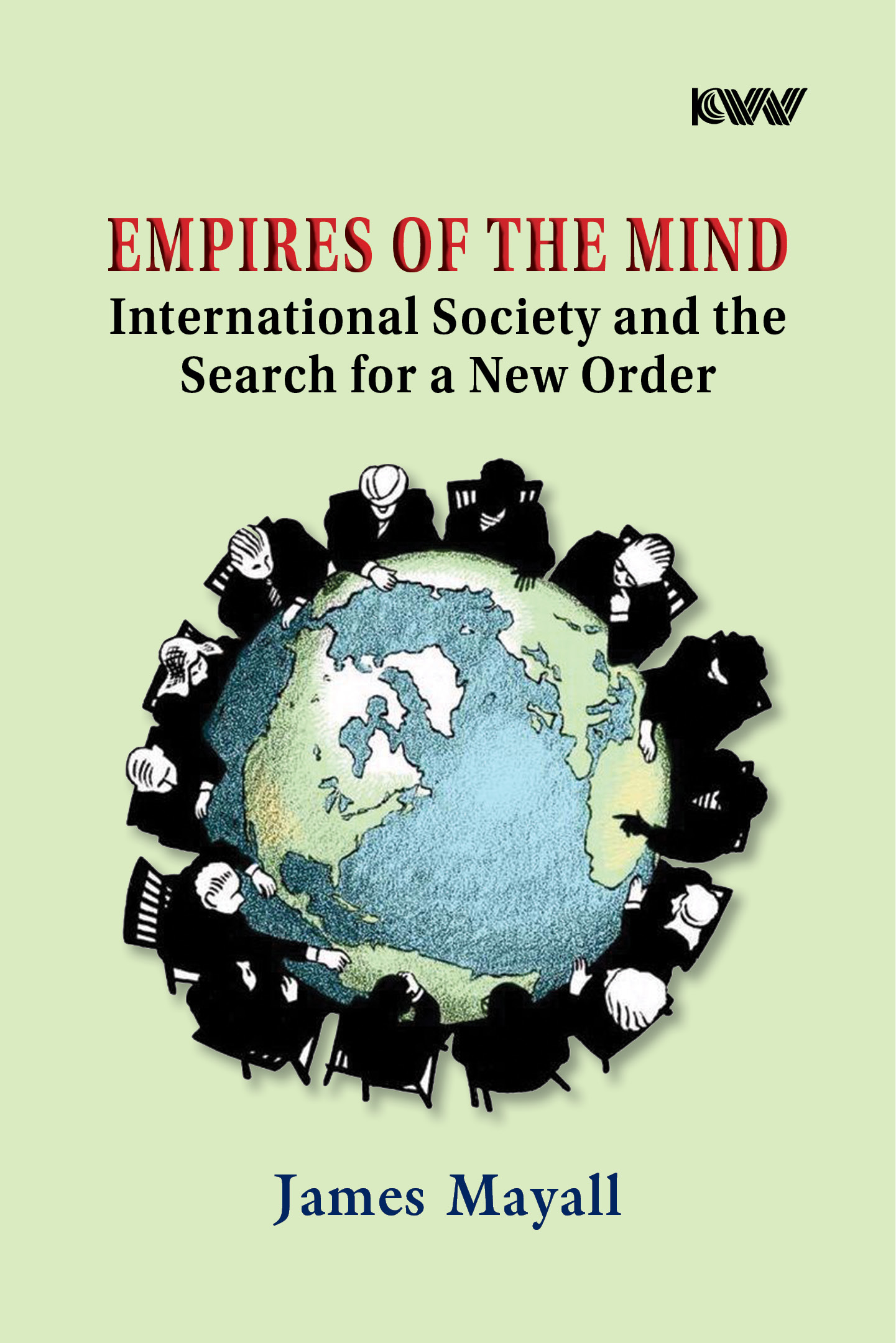Subjects
Recent View(s)
- China, India and the Future of International Society
- International Security and Peacebuilding Africa, The Middle East, And Europe
- Major Powers and the Korean Peninsula: Politics, Policies and Perspectives
- Stirring of the Soul: Selection of Poems
- BALOCHISTAN in the Crosshairs of History
- Contiguity, Connectivity and Access <br> The Importance of the Bay of Bengal Region in Indian Foreign Policy
- Asian Defence Review 2022 <br> Diplomacy in Turmoil: A Year of Turbulence
- The Contribution of The Jubbulpore Mutiny to India’s Freedom: Did the INA also have a Role?
- Kargil Review Committee Report and Indian Media-Military Relationship: Journey and Impact
- Geopolitical Shifts and Opportunities: New Horizons in India-Southeast Asia Relations
- India and Rok Partners of Strategic Trust in the Indo-Pacific
- Indian Parliament Shaping of Foreign Policy
- Empires of The Mind: International Society and the Search for a New Order
- Waiting Games: The Politics of Patience in Indo-Pacific Strategy
Empires of The Mind: International Society and the Search for a New Order
James Mayall
Since the end of the First World War there have been three attempts to reform the international order and to break the age-old hold of empire, hierarchy and realpolitik over international society, The Treaty of Versailles established the League of Nations and sought to make the world not only safe for democracy, but for the principle of national self-determination. In 1945 the United Nations Organisation was created and to the earlier objectives was added a system of economic governance and regulation. In 1991 the stated goal was to democratise the international order simultaneously at the local, national, and international levels. None of these efforts was successful. This book examines the reasons for these repeated failures, the persistent hold of the idea of empire over the human imagination, and the prospects for the future.


 Political Science
Political Science
